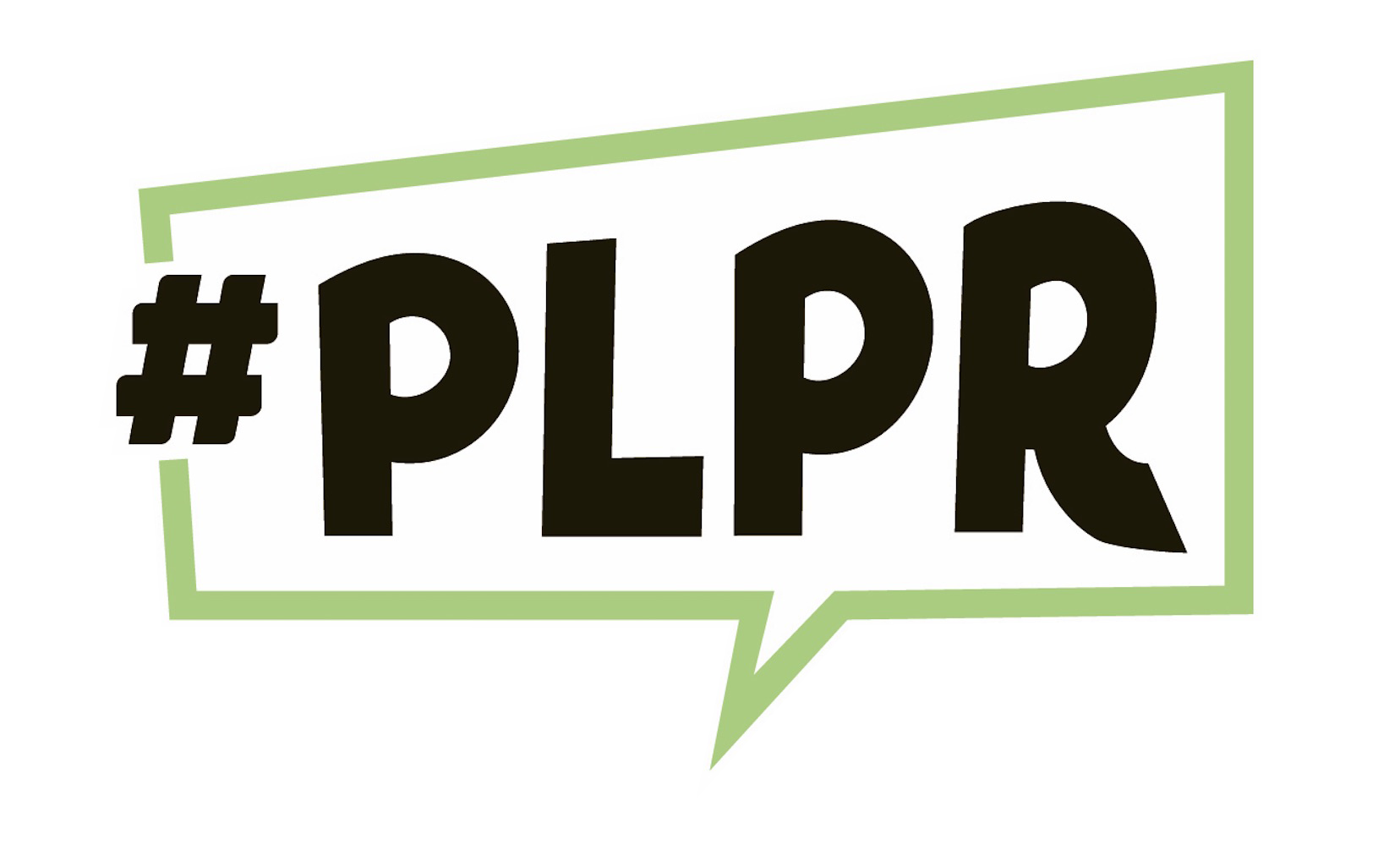Jáyatésta (trans.)
I seep and twerk through the cracks
of your insipid, trashy binarism,
of your sole-two, objective-subjective
positive-negative language.
I turn, made slippery and sweet by your tongue
when you scream and spit on me,
while desiring to taste me.
They, who does not fit
but is
and is here to stay
dealwithit.
Beyond the symbol,
I am sound and inflection,
experience and sensation,
hyphen-comma-dash-period,
face, she-body, feeling
s
h
e
e
e
e
space between letters,
You perceive and take delight in me;
conceiving me comes after.
“If you are neither a man nor a woman, what are you? A being?”
Lo que se pierde en la traducción.
Translator’s note: Some Puerto Rican Spanish terms were left untranslated to preserve concepts unique to Puerto Rican culture. Code-switch was employed in the last sentence to reflect bilingualism and convey otherness of the queer experience in a cispatriarchal society. Cuerpa was translated as “she-body” as a way to feminize a word that is not gendered in English.
Jáyatésta
Me escurro y bailoteo tras las fisuras
de tus binarismos sosos y baratos,
de tu lenguaje sólo-dos objetivo-subjetivo
y positivo-negativo.
Ruedo babosa y dulce de tu lengua
cuando me gritas y me escupes
y a la vez me quieres probar.
Elle, que no cabe
pero está,
y que llegó pa' quedarse
bregaconeso.
Más allá de símbolo,
soy sonido e inflección,
experiencia y sensación
guión-coma-raya-punto,
cara-cuerpa-sentimiento,
e
ll
a
a
a
a
a,
el espacio entre letras,
potra y damallera.
me percibes y me gozas;
concebirme viene luego.
«Si no eres hombre ni mujer, ¿qué eres, un ente?»
That which is lost in translation.

